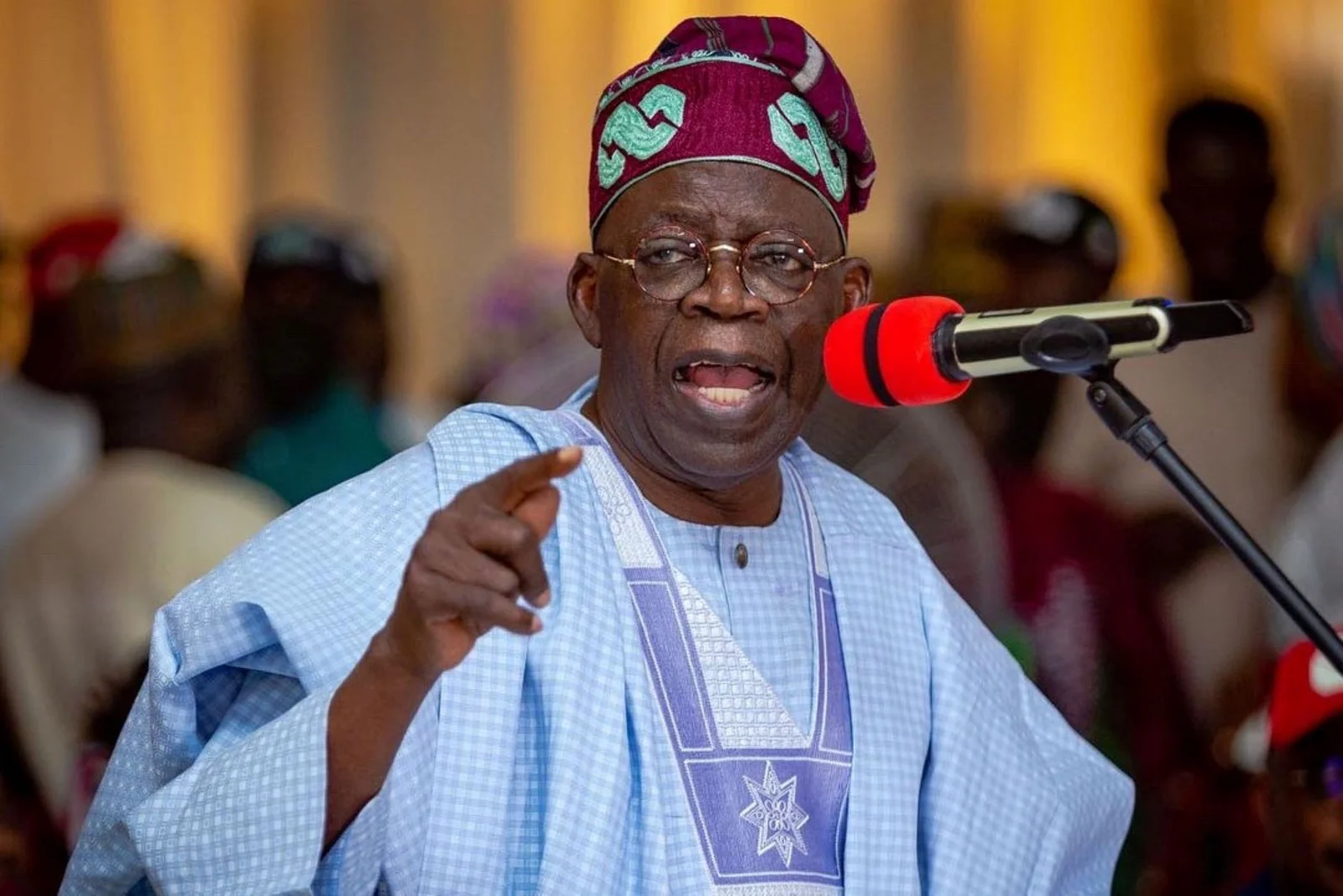Although society is slowly becoming more receptive to the LGBT community, it is still quite challenging for gay black men. Why? Because they face compounded oppression: racism, homophobia, and sexism, according to Michael LaSala, associate professor at Rutgers University School of Social Work.
LaSala recently completed an exploratory study of African-American gay youth and their families from urban neighborhoods in NYC and Philadelphia. The study was co-authored with Damien Frierson of Howard University.
The research reveals that gay black men face a unique set of challenges and pressures from family and friends when they decide to come out. “The world already sees you as less than others. By being gay, you’re further hurting the image of African-American men,” says LaSala. ”Parents and youths alike worry that gay men cannot meet the rigid expectations of exaggerated masculinity maintained by their families and communities.”
During his observation, LaSala found an interesting contrast in the reactions of African-American parents and Caucasian parents of gay male youth. “I found that parents of African-American gay youth said, ‘You have everything going against you as a black man. This is one more strike against you.’ Conversely, parents of white gay youth stated, ‘You have everything going for you—and now this!’” LaSala explains.
LaSala also cites that there is a rigid definition of masculinity among African-American parents of gay men, which leaves them feeling alienated. He says the involvement of a young gay man’s biological father or a father figure can be crucial to relationship building. Too many family therapists and social workers accept the mother’s explanation that their son’s father “isn’t in the picture,” which is a copout, according to LaSala. “Family discussions can lead to expanded and more flexible views of masculinity, so clinicians must engage the youth’s father if at all possible,” he says. “A father is an essential part of the child’s history and can add a lot to the discussion.”













